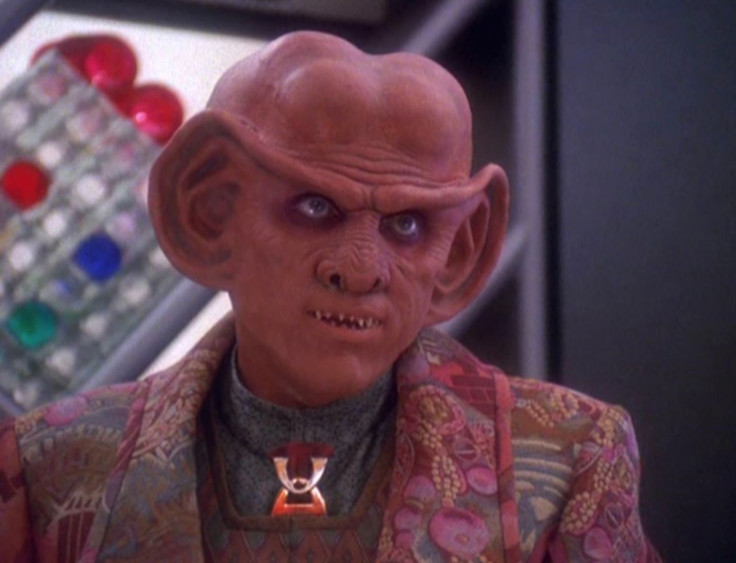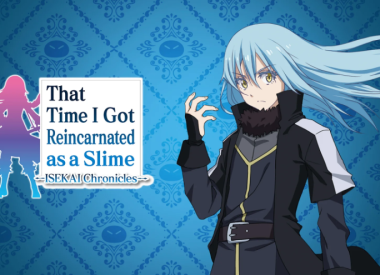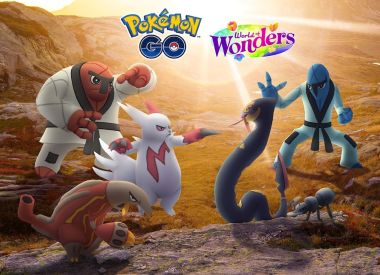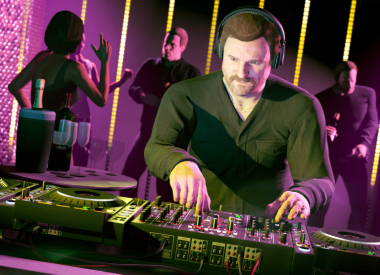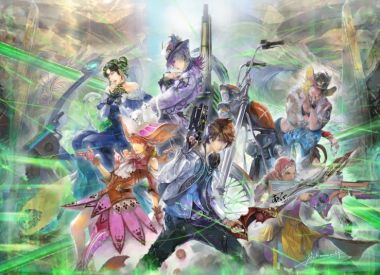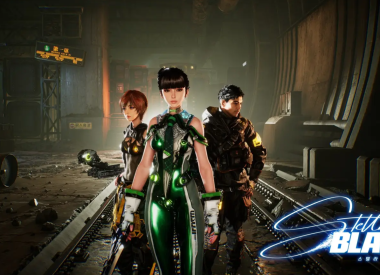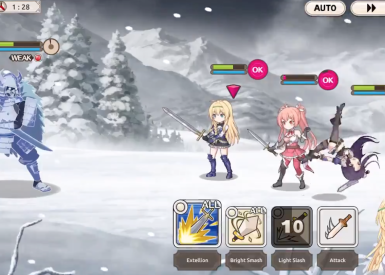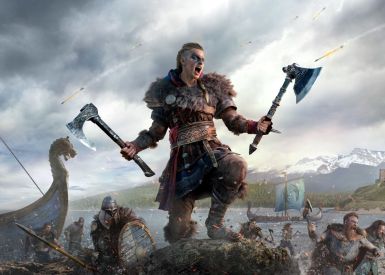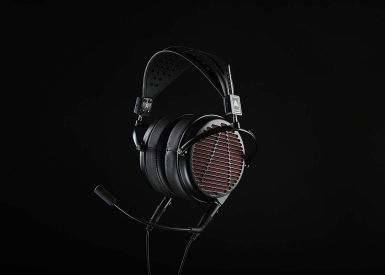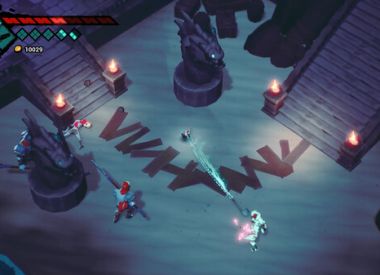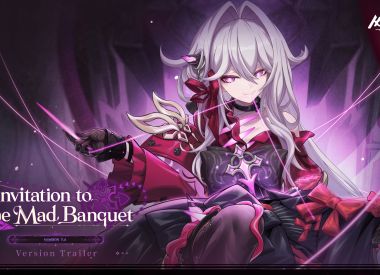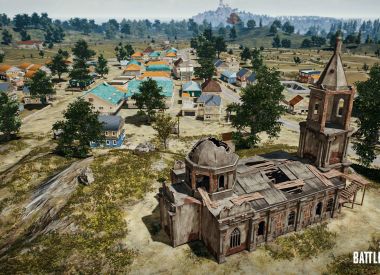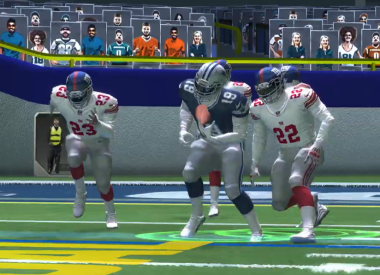Space Jews are an unfortunate science fiction trope that repackages a number of repulsive anti-semitic stereotypes, typically to vivify a conniving, mercantile race of aliens with easily recognized prejudicial characteristics. Between Watto, Gringotts goblins and South Park’s parodic Joozians, the Space Jew trope is potent and common enough that the name has come to stand for lazy stereotyping as character shorthand.
Star Trek, despite its reputation for embodying progressive values in its cast and adventures, is far from innocent in this regard. After their first appearance on Star Trek: The Next Generation, Ferengi became comedic foils for Picard and his crew, but the Jewish stereotyping was hard to miss. They were often depicted as blinded by greed, lascivious in their appetites and snivelling in their demeanor, with big noses dwarfed only by elephantine, erogenous ears. They lived by the quasi-religious “Rules of Acquisition,” which encouraged them to cheat, manipulate and do everything possible for profit.
it's their second appearance now and the Ferengi seem to bordering dangerously close to stereotypical Space Jew territory.
— Not Cordelia (@cordelia_not) May 13, 2013
The premiere of Star Trek: Deep Space Nine in 1993 placed a Ferengi among the main ensemble cast: station bartender Quark, played by Armin Shimerman. Quark was a black marketeer, an occasional gunrunner, a cheat, a liar and as greedy as a squirrel.
But he grew on you.
As the seasons progressed we learned about Quark’s genuine love of hospitality, his disgust at violence and his desire for a place alongside Federation species who had largely left behind the capitalistic desires that motivated him. Acting through fangs, immense prosthetics and caked makeup, Shimerman made Quark one of the most relatable characters aboard Deep Space Nine.
Listen
— Hank Lunch (@toad_rat) August 31, 2016
Does liking Ferengi episodes of DS9 make me a bad Jew
Cuz I'm ok with that
This was a trick Star Trek had pulled before, as Worf actor Michael Dorn pointed out during the DS9 cast reunion at the Star Trek: Mission New York convention. “Gene [Roddenberry] had the foresight to go ‘we’re going to put them on the bridge,’” Dorne said, alluding to Worf’s presence aboard the Enterprise in Star Trek: The Next Generation. “They’re not the enemy now. We see them as another culture, who love their children as much as anybody else.”
But did Star Trek: Deep Space Nine accomplish the same for the Ferengi, successfully subverting the Space Jew stereotyping of the characters on TNG? Deep Space Nine showrunner Ira Steven Behr (himself Jewish) said (on a DS9 commentary track), “Ferengi are us. That’s the gag, the Ferengis are humans. They’re more human than the humans on Star Trek because they’re so screwed up and they’re so dysfunctional. They’re regular people.”
It was a stance endorsed explicitly during Deep Space Nine’s original run:
Still, for many this is an unsatisfying answer, almost a dodge, to the question of whether or not the Ferengi are a pernicious stereotyping of Jews.
At Star Trek: Mission New York, Armin Shimerman — Quark himself — addressed the question head-on. Asked by moderator Jordan Hoffman (of the official Star Trek Engage podcast) for the strangest readings or interpretations they’ve heard from fans, Shimerman revealed the universal prejudices that he sees as underlying how we view Ferengi.
“In America, people ask ‘Do the Ferengi represent Jews?’ In England, they ask ‘Do the Ferengi represent the Irish?’ In Australia, they ask if the Ferengi represent the Chinese,” Shimerman said. “The Ferengi represent the outcast… it’s the person who lives among us that we don’t fully understand.”
While the Ferengi may have started out as Space Jew stereotyping, Star Trek found a better path, tackling stereotypes (apparently universal ones) through relentless, compassionate, empathic humanism. Star Trek doesn’t always get it right at first, but its institutional optimism always leaves hope that they’ll get it right in the future. And, by extension, maybe we will too.
“Our program was about investigating the essence of people, not the outside. They forgave me though I stole,” Shimerman said of his character.
He pointed to Dorn, “They forgave him, though he killed.”
Then he looked to Nana Visitor, who played the first officer and former Bajoran freedom fighter, Kira Nerys, “They forgave her though she was a terrorist.”
“Starships do not make Star Trek, hope makes Star Trek,” Shimerman concluded.


